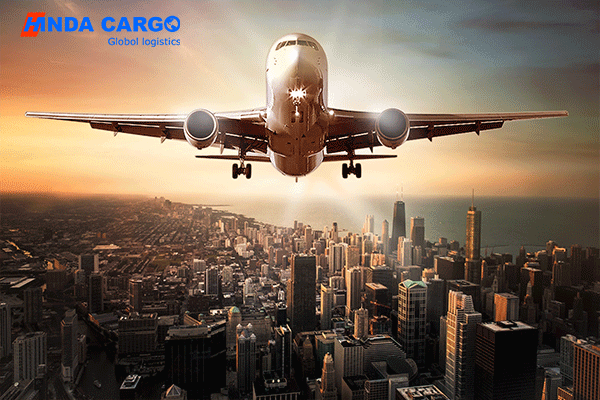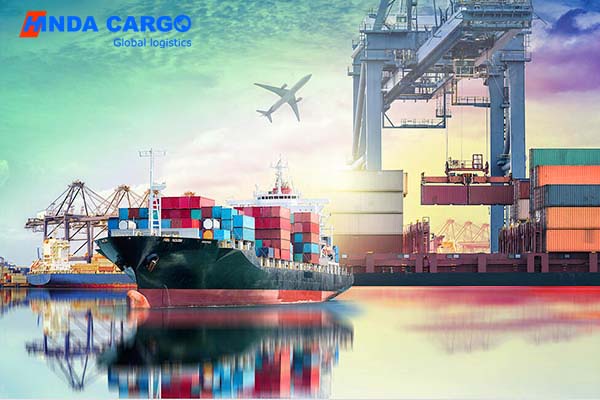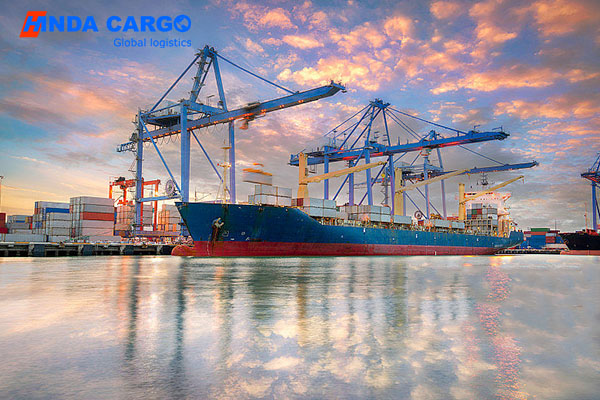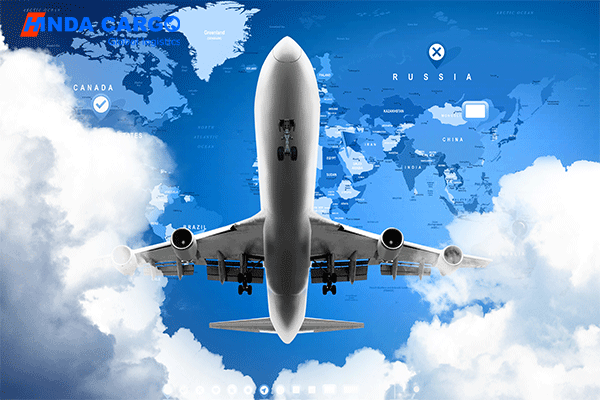Does door-to-door service include customs clearance?
With the continuous growth of global trade and the increasing complexity of logistics needs, door-to-door service has become an important service model in international freight. This model aims to provide customers with one-stop logistics services from the place of shipment to the destination of the goods, reduce intermediate links and reduce risks. However, the question of whether door-to-door service includes customs clearance is often discussed.
This article will explore the definition of door-to-door service, the importance of customs clearance and its position in door-to-door service to help readers fully understand this important logistics concept.

What is door-to-door service?
Door-to-door service means that the logistics company picks up the goods from the shipper (seller) and delivers the goods to the place designated by the consignee (buyer) through various modes of transportation such as land, sea or air. This service model covers the entire process from the place of shipment to the destination, including various links such as cargo collection, packaging, transportation, sorting and distribution. The main advantage of door-to-door service is that it simplifies the logistics process, provides more efficient transportation solutions, and reduces customers' time and energy investment.
What is the role of customs clearance in international freight?
Customs clearance is a crucial link in international freight. It includes customs declaration, inspection, tax payment and release of imported and exported goods. The success of customs clearance directly affects whether the goods can arrive at the destination on time. Therefore, customs clearance occupies an important position in international trade and is a key step to ensure the legal and fast customs clearance of goods.
What are the main links of customs clearance?
The main links of customs clearance are: customs declaration, inspection and quarantine, tax payment, and release.
● Customs declaration: When goods enter or leave the country, the type, quantity, value and other information of the goods must be reported to the customs.
● Inspection and quarantine: Certain special goods, such as food, medicine, animals and plants, need to be inspected and quarantined by relevant departments.
● Tax payment: Imported and exported goods must pay customs duties, value-added tax and other taxes.
● Release: After the customs verifies that the goods information is correct and the taxes are paid, the goods will be released.
Does door-to-door service include customs clearance?
Whether door-to-door service includes customs clearance depends on the specific service agreement and trade terms. Generally speaking, door-to-door services can be divided into two categories: one is a complete service including customs clearance, and the other is a basic service without customs clearance. The following will explain these two service modes in detail.

Which door-to-door services include customs clearance?
In the door-to-door service including customs clearance, the logistics company is not only responsible for the collection, transportation and distribution of goods, but also includes import and export customs clearance procedures. This service mode usually uses the following trade terms:
1. DDP (Delivered Duty Paid):
Under the DDP term, the seller bears all costs and risks from the place of departure to the designated destination, including all costs such as import and export customs clearance and payment of tariffs. The buyer only needs to receive the goods at the designated place and does not need to handle any customs clearance procedures.
DDP (Delivered Duty Paid) Advantages:
● The buyer does not need to deal with any transportation, customs clearance and tariff formalities, reducing complexity and risk.
● The seller controls the entire transportation process to ensure that the goods are delivered safely and on time.
● The risk is borne by the seller before the goods are delivered, and the buyer has almost no risk.
2. DAP (Delivered At Place):
Under the DAP term, the seller bears all transportation costs and risks from the departure point to the designated destination, but does not include import customs clearance and post-destination costs. The buyer is responsible for import customs clearance and related costs.
DAP (Delivered At Place) Advantages:
● The seller controls the transportation process to ensure that the goods are delivered safely and on time.
● The buyer does not need to deal with transportation arrangements, but only needs to be responsible for import customs clearance and post-destination costs.
● The risk is borne by the seller before the goods arrive at the designated location, reducing the buyer's risk.

What are the door-to-door services that do not include customs clearance?
In the door-to-door service that does not include customs clearance, the logistics company is responsible for the collection, transportation and distribution of the goods, but the customs clearance procedures are handled by the buyer and the seller. This service model usually uses the following trade terms:
1. EXW (Ex Works):
Under the EXW term, the seller only needs to deliver the goods at its location (such as a factory or warehouse). The buyer is responsible for picking up the goods from the seller's location and handling all subsequent transportation and customs clearance procedures.
EXW (Ex Works Advantages:
● The seller has the least responsibility and only needs to hand over the goods to the buyer at the designated location.
● The buyer has more transportation and customs clearance options and can arrange them according to their own needs.
2. FCA (Free Carrier):
Under the FCA term, the seller is responsible for handing over the goods to the carrier designated by the buyer and is responsible for export customs clearance. The buyer is responsible for picking up the goods from the carrier and handling import customs clearance and subsequent transportation.
FCA (Free Carrier Advantages:
● The seller is responsible for export customs clearance, which reduces part of the customs clearance burden on the buyer.
● The buyer has more transportation options and can arrange according to their own needs.
Case analysis of door-to-door service
Case 1: Export of electronic products
A Chinese electronic product company plans to export a batch of mobile phones to the United States. The company wants to control the transportation process and ensure the safe delivery of the goods, but is unwilling to deal with import customs clearance. It is appropriate to choose the DAP term because:
● Transportation arrangement: The seller is responsible for transporting the goods to the designated location in the United States and ensuring the safety of the transportation process.
● Risk control: The risk is borne by the seller before the goods arrive in the United States, reducing the buyer's risk.
● Customs clearance arrangement: The buyer is responsible for import customs clearance, and the seller does not need to deal with customs clearance procedures.
Case 2: Furniture export
An Italian furniture company plans to export a batch of furniture to Japan. The company wants to provide a high level of customer service and control the entire transportation and unloading process, but is unwilling to deal with import customs clearance. It is appropriate to choose the DPU term because:
● Transportation arrangement: The seller is responsible for transporting the goods to the designated location in Japan and unloading them, ensuring the safety of the transportation and unloading process.
● Risk control: The risk is borne by the seller before the goods are unloaded, reducing the buyer's risk.
● Customs clearance arrangement: The buyer is responsible for import customs clearance, and the seller does not need to handle customs clearance formalities.
Case 3: Export of chemical products
A German chemical company plans to export a batch of chemical products to India. The company hopes to control the entire transportation and customs clearance process to ensure the safe delivery of the goods. It is appropriate to choose the DDP term because:
● Transportation arrangement: The seller is responsible for transporting the goods to the designated location in India and ensuring the safety of the transportation process.
● Risk control: The risk is borne by the seller before the delivery of the goods, and the buyer is almost risk-free.
● Customs clearance arrangement: The seller is responsible for import customs clearance and payment of tariffs, and the buyer does not need to handle any customs clearance formalities.

Conclusion on whether door-to-door service includes customs clearance
Door-to-door service including customs clearance:
● DDP (Delivered Duty Paid / Delivery after Payment),
● DAP (Delivered At Place / Delivery at Destination).
Door-to-door service excluding customs clearance:
● EXW (Ex Works / Factory Delivery),
● FCA (Free Carrier / Free Carrier).
In international trade, whether the door-to-door service includes customs clearance depends on the specific service agreement and trade terms. Door-to-door services that include customs clearance, such as DDP and DAP, provide more comprehensive services and reduce the complexity and risk of buyers. Door-to-door services that do not include customs clearance, such as EXW and FCA, give buyers more autonomy and flexibility.




